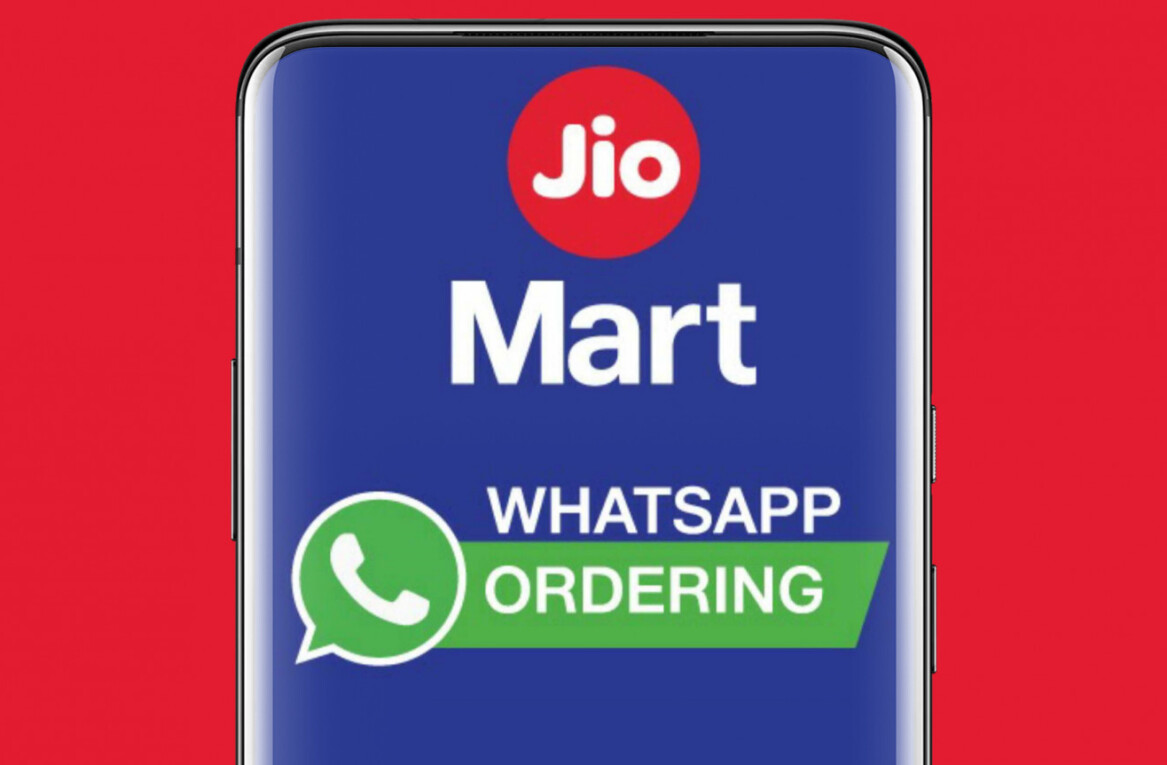
SMS is being driven out the door in China, and the country’s three major operators are feeling the pinch. Against the backdrop of the threat of messaging and VoIP apps – among them Whatsapp, WeChat, Line, Skype, Tango – China Mobile, the world largest mobile operator, is taking matters into its own hands with the development of an in-house mobile VoIP and messaging app: Jego.
Representatives from China Mobile International — a global-focused China Mobile subsidiary — confirmed that the app will launch in June and is targeted at international users, namely anyone with a need to keep in touch with friends, family or others in China.

China Mobile International business development manager, Derick Li, explains that Jego isn’t aimed at taking out WeChat — the Tencent-owned app with nearly 200 million monthly actively users, mainly in China — or any other messaging app. Instead, Li says, it is first and foremost a competitor to Skype.
However, when comparing features and functionality across the platforms, Jego’s direct competitors are video calling-based service. That, of course, would include WeChat, as well as Tango and Viber, among others.
Jego provides free in-app text messaging along with number of other fairly standard features, such as push-to-talk voice messages, photo sharing, video calling, and multimedia sharing. However, its core functionality is the ability to make voice calls to landlines and mobile phones which — given China Mobile’s position as an operator — is a big distinction.
Telecom companies around the world have been rushing their own OTT messaging and VoIP apps as an answer to Line and WeChat, growing in the hundreds of millions of users.
For instance, Orange launched Libon app last year, with the intent of providing crisp VoIP calling around the world at low rates. That app includes robust messaging features akin to Line and WeChat, since Orange is focused on text messaging and voice services.
Head of Libon Giles Corbett pointed out that brand positioning to me when I met with him last year. And by giving me a sneak peek of a few features that Libon was working on at the time including push-to-talk (to sway Chinese users) he indicated that he was serious about taking on Line and WeChat.
While it’s not clear if China Mobile International is taking cues from Libon, what the Chinese telecom company has in mind with Jego does echo Libon’s strategy. These OTT messaging apps are about retaining customer loyalty (while padding bottom lines) and extending its reach worldwide.
Jego, China Mobile’s ticket to the international market
To be clear, China Mobile now has two OTT apps pending launches. Fetion, China Mobile’s once retired mobile and desktop IM client will be revived to challenge WeChat. Jego, as mentioned earlier, is built and owned by subsidiary China Mobile International.
While China Mobile International executive office research analyst Victor Wat confirmed that Fetion would compete with WhatsApp and WeChat with free messaging, photo sharing, and voice messaging on mobile devices, he didn’t offer any further details about its parent company’s strategy.
Knowing that Fetion comes bundled for China Mobile customers, it just might take a bite out of WeChat’s market share, however big or small.
So where does Jego fit into the picture?

Here’s the thing about China Mobile’s presence in China: the operator has more than 700 million subscribers alone and is nearing critical mass. The company knows this and in fact admits that its earnings growth is decreasing. But since China Mobile has a solid foothold in the Chinese market, there’s only one place to go and that’s to look abroad. Which is where Jego comes in.
Li claims that Jego’s initial target demographic includes China Mobile customers and overseas Chinese: businessmen, students studying abroad, you name it. The app offers a cheap way to make calls to China and Hong Kong (and other countries) without concerns about roaming fees.
Domestically while Jego will be available in the Apple App Store and features like messaging and Jego-to-Jego calling work, VoIP calling on Jego from China (if you’ve signed up with a Chinese number) to a Chinese landline or mobile phone isn’t available.
But Jego isn’t alone in that sense. Skype-TOM (the Chinese Skype service) doesn’t offer domestic VoIP calls to phones either. That’s down to the Chinese Ministry of Industry and Information Technology’s restrictive impositions on VoIP calls.
The plan is to eventually reach out to the non-Chinese demographic, but we’ll circle back to this later.
Jego and Skype side-by-side
With China Mobile’s network and partnerships with overseas telecom companies, its infrastructure is robust enough to facilitate far more reliable VoIP calls than what Skype has to offer, and the calls can be cheaper depending on the plan you sign up for.
For instance, Skype pay-as-you-go calls to China cost around $0.026 per minute (including taxes) not to mention a $0.049 connection fee. Jego, on the other hand, will cost $0.022 per minute. But when you compare its subscription plan, Jego’s cost is slightly higher than Skype’s fees depending, on how you look at it.
Jego offers unlimited calling to China ($15.99 per month) or Hong Kong ($11.79 per month), but each country is under separate plans. If you want to make unlimited calls worldwide, you’ll be forced to pay an extra $9 per month if you’re paying for the China Plan or $13.20 per month for the Hong Kong Plan. Whereas Skype charges $16.09 per month (including tax) for unlimited calling worldwide.
When it comes to call quality, China Mobile plans to have 27 PoP (point of presence) sites around the globe that route Jego calls end-to-end. This is important because the closer to home a PoP is from where you’re calling from, the better your call quality will be.
Where Jego stands out however from its competitors, which Li was quick to mention, is its two value added services: Users can claim a China Mobile number through Jego without the need for a SIM card, and existing China Mobile numbers can be tied to Jego if you’d like to make or receive Jego calls with that same number.
Expansion plans
China Mobile’s international game plan is to pad its bottom line with revenue generated outside of China from both Chinese, and eventually non-Chinese users.
But to be clear, Jego isn’t a “Chinese app” for Chinese users. That’s just the short term strategy. Jego offers VoIP calling to landlines and mobile phones (as long as you’re not signing up with a Chinese number) to the US, UK, Malaysia, South Korea, and other countries, so it’s clear that there is an ambition to make it a global service.
The next stage in its development will be the addition of local mobile phone numbers from Southeast Asian countries, and eventually Western countries, China Mobile says. The operator plans to continually work to add to its network of PoP sites thanks to relationships with regional telecom companies around the world.
There’s no specific launch date for Jego right now, but it is due out next month and will be available for iOS and Android devices.
Headline image via Shutterstock
Get the TNW newsletter
Get the most important tech news in your inbox each week.




